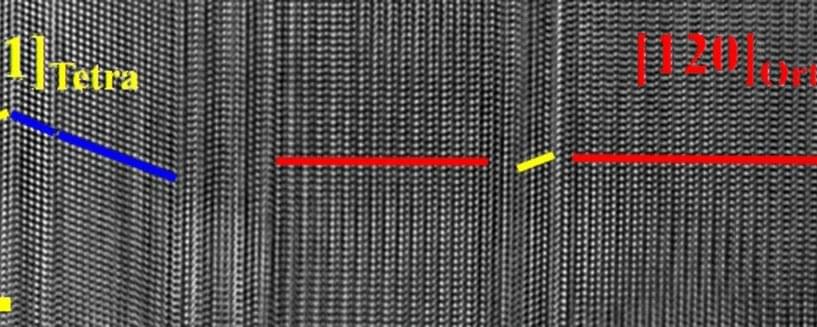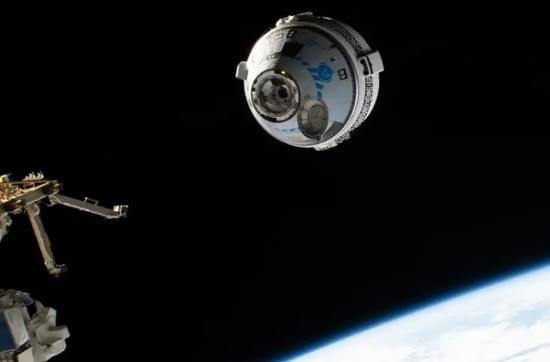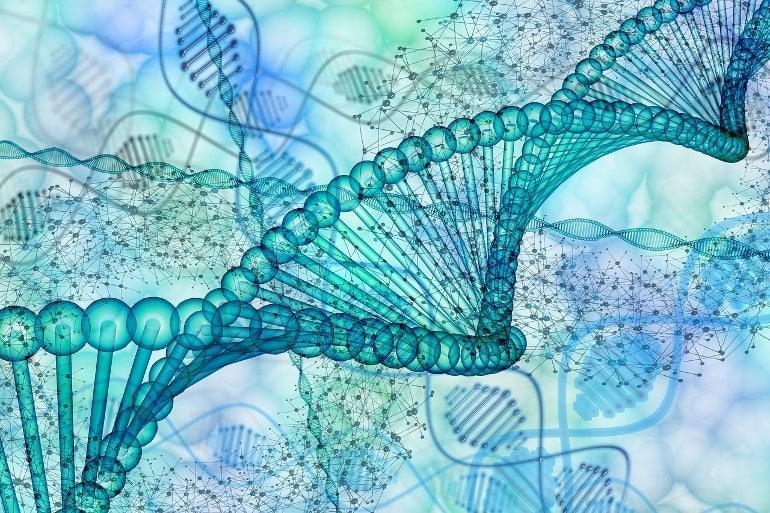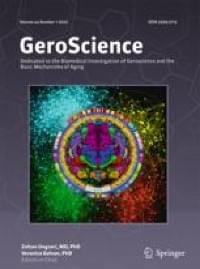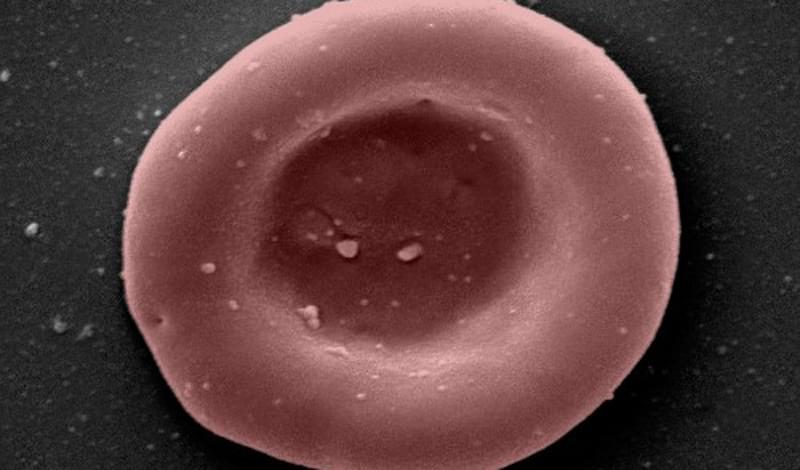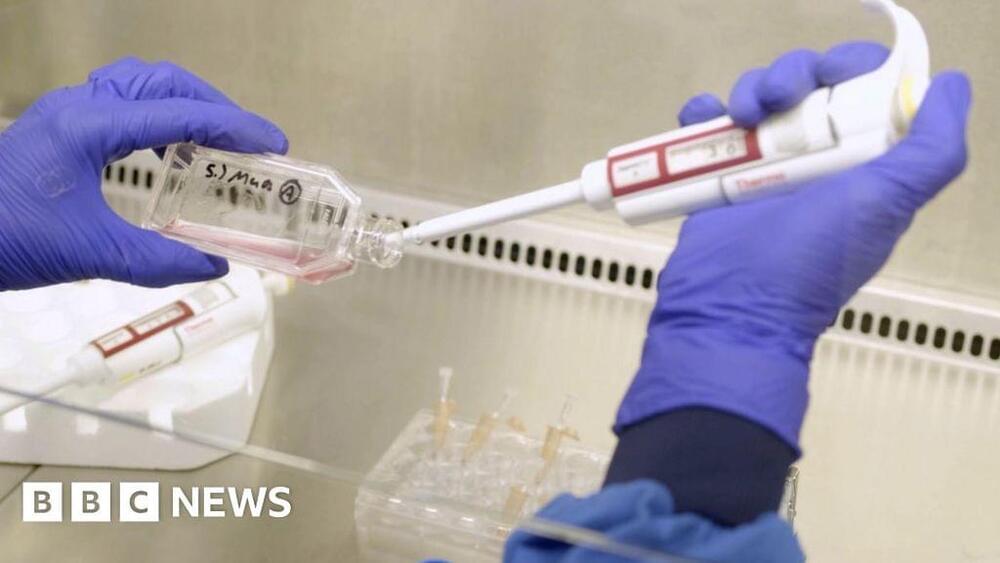To convert heat into electricity, easily accessible materials from harmless raw materials open up new perspectives in the development of safe and inexpensive so-called “thermoelectric materials.” A synthetic copper mineral acquires a complex structure and microstructure through simple changes in its composition, thereby laying the foundation for the desired properties, according to a study published in the journal Angewandte Chemie.
The novel synthetic material is composed of copper, manganese, germanium, and sulfur, and it is produced in a rather simple process, explains materials scientist Emmanuel Guilmeau, CNRS researcher at CRISMAT laboratory, Caen, France, who is the corresponding author of the study. “The powders are simply mechanically alloyed by ball-milling to form a precrystallized phase, which is then densified by 600 degrees Celsius. This process can be easily scaled up,” he says.
Thermoelectric materials convert heat to electricity. This is especially useful in industrial processes where waste heat is reused as valuable electric power. The converse approach is the cooling of electronic parts, for example, in smartphones or cars. Materials used in this kind of applications have to be not only efficient, but also inexpensive and, above all, safe for health.
